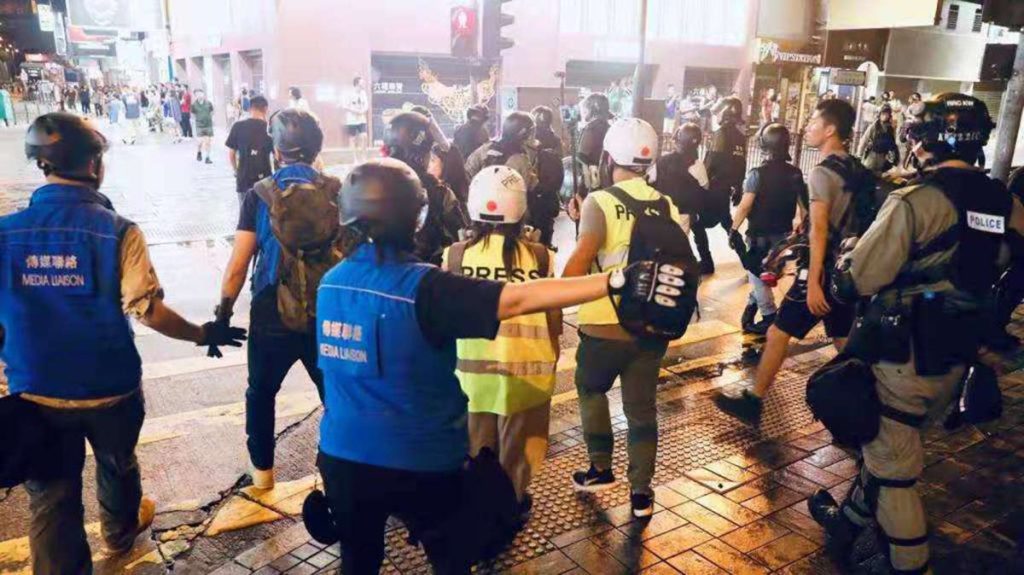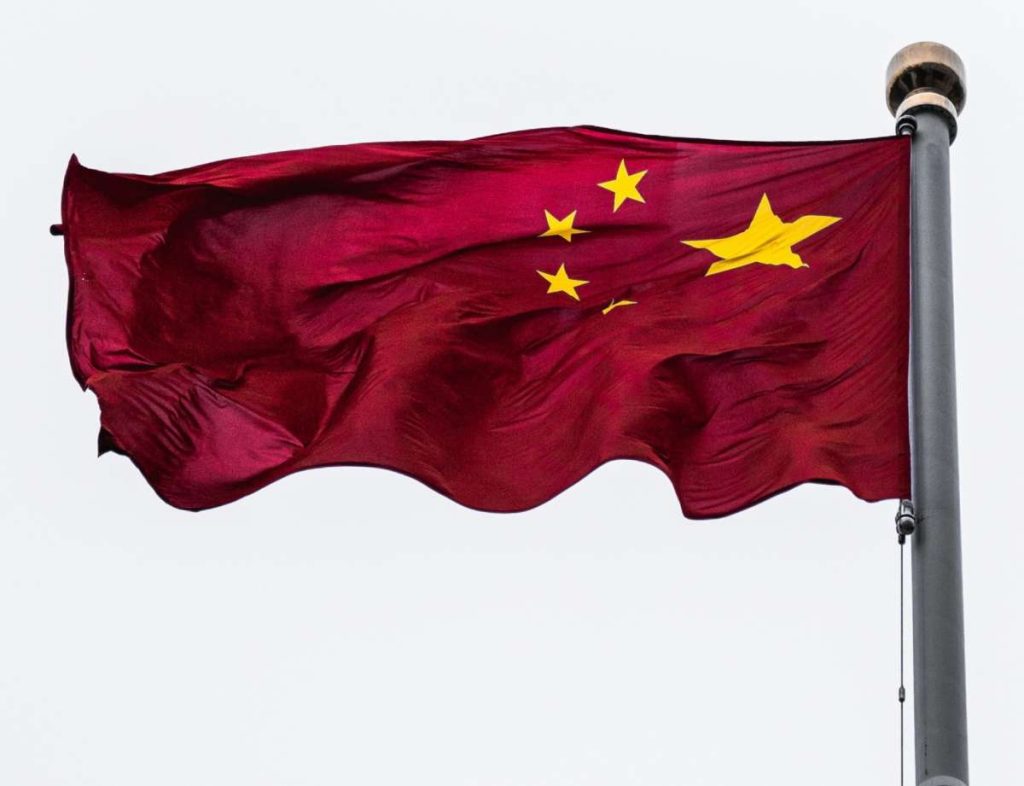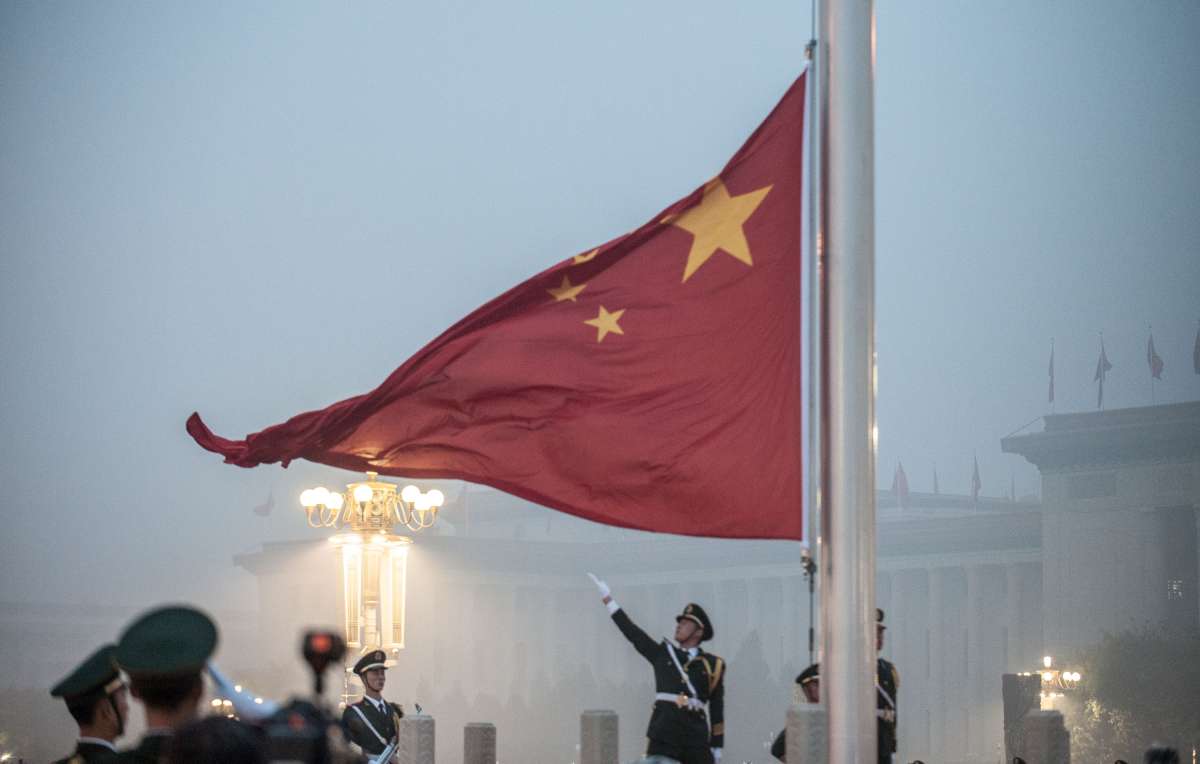Former British journalist Peter Humphrey noted that while countries like the United States have institutional frameworks for addressing the wrongful detention of their citizens abroad, these measures have proven ineffective when dealing with the Chinese regime, a report by Rajesh Kumar Sharma
In recent years, there has been increasing attention on the detention of foreigners within China’s prison system, controlled by the Chinese Communist Party (CCP).
These detentions, which often occur under ambiguous legal circumstances, raise concerns about the transparency of China’s legal system, its use of hostages for political leverage, and the treatment of foreign nationals who are often left to navigate a complex and opaque judicial system.
Recently, a British journalist told an Australian Senate Committee that around 10,000 foreigners are currently held in the CCP’s prison system.
According to a report by The Epoch Times, at an enquirty hearing last week, former British journalist and business Peter Humphrey, who was involved with China for 50 years, shared his experience of being wrongfully detained by China’s communist regime.
Humphrey said he and his Chinese American wife were arrested in 2013 on fabricated charges of illegal “information gathering.”
At the time of their arrest, they were operating a consultancy firm focused on fraud investigation, assisting clients in mitigating risks while conducting business in China.

The couple endured two years in a Shanghai prison, which they later described as a “devastating experience.”
Humphrey was released early in June 2015 due to health complications, with his wife being freed around the same time.
Following his release, Humphrey began working with families facing the challenges of securing the release of loved ones who had been arbitrarily detained in China.
Based on his research, he estimated that approximately 10,000 foreigners were imprisoned in China, with many of them likely wrongfully detained.
Foreigners detained in China often find themselves caught in a system where the legal process can be difficult to follow.
The charges leveled against them may range from common crimes such as drug trafficking or fraud to more politically sensitive accusations like espionage or endangering national security.
In many cases, foreign nationals are not immediately granted access to legal counsel or consular support, a violation of international norms.
Recounting his experience in China, Humphrey described the judicial system under the CCP as one of oppression rather than justice.
He emphasized that every aspect of the system—police, prosecution, judiciary, prisons, and even Chinese lawyers—operates under the regime’s complete control.
“No judge is independent or impartial; they merely serve as the Party’s messengers,” Humphrey said, explaining that the system is often manipulated by influential individuals to harm those they have personal grievances against.

“Cases are built on coerced confessions, sometimes broadcast on television, and false witness statements,” he noted.
Shedding light on the harsh conditions within CCP-run prisons, Humphrey recounted how prisoners were forced to sleep on the floor in overcrowded cells and were given filthy, substandard food to eat.
He revealed that prisoners were subjected to forced labor for the prison’s commercial gain and were compelled to write “mandatory thought reports” as part of a brainwashing campaign.
Additionally, proper medical care was often withheld, even for serious conditions like cancer, Humphrey added.
Humphrey highlighted the issue of a “two-tier response” from Western countries regarding the detention of their citizens in China.
“The first tier is what I refer to as a ‘nanny and messenger service,’ where detainees receive occasional consular visits. These visits may include delivering letters, messages from home, or reading materials,” he explained.
“The second tier involves what we frequently hear from Western consular representatives during these visits: ‘Sorry, we can’t intervene in your case.’”
He expressed frustration, noting that whenever detainees request any action that the consular officials perceive as interfering with the legal process, they refuse to take further steps.
Humphrey noted that while countries like the United States have institutional frameworks for addressing the wrongful detention of their citizens abroad, these measures have proven ineffective when dealing with the Chinese regime.
He emphasized, “Western democracies need to join forces and present a united front in their approach to this issue.”
In some cases, the detention of foreigners serves as a tactic for political bargaining.

National security charges are often vague, and trials are frequently held behind closed doors.
This lack of transparency makes it difficult for the international community to scrutinize whether due process is followed.
Moreover, China’s judicial system has a high conviction rate, especially in politically sensitive cases, further exacerbating concerns over the fairness of these trials.
The use of foreign detainees as leverage in diplomatic negotiations has led to accusations that China is engaging in “hostage diplomacy.”
In such cases, foreigners are detained not solely for their individual actions but as a means of exerting pressure on their home countries.
This has been seen in multiple high-profile cases involving US, UK, Canadian, and Australian nationals.
These cases often involve accusations of spying or other threats to national security, even when evidence may be scarce or ambiguous.
The detention of foreigners across the CCP’s prison system highlights several key issues, including the lack of transparency in China’s legal processes, the use of detainees as political leverage, and concerns over human rights and fair treatment in detention.
For foreign nationals living or working in China, the threat of arbitrary detention remains a looming concern, one that underscores the broader challenges of navigating China’s complex and opaque legal landscape.
ALSO READ: China’s policy shift amid demographic crisis
